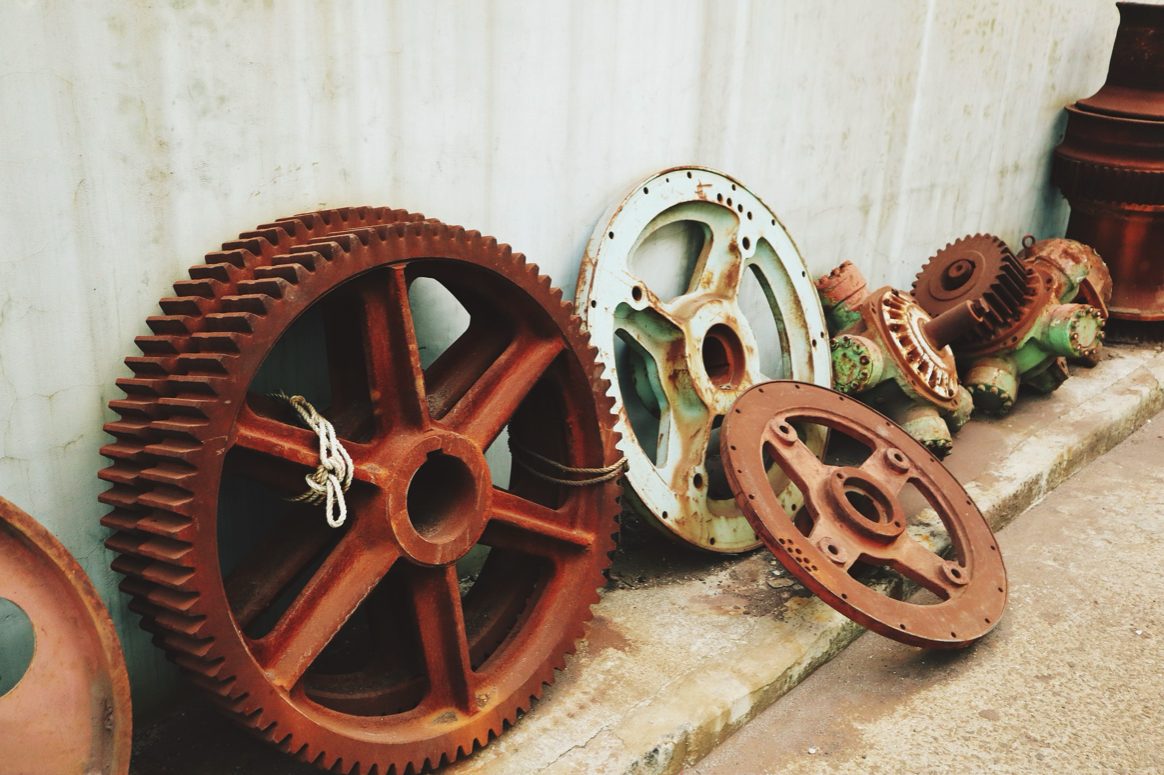Oh yea, ever gotten some gear oil on your boots, and then in your truck? That nasty rotten-egg aroma never disappears and usually gets stronger when you turn up the heat on a cold morning. What makes gear oil smell so horrible? Read on.
When formulating gear oils (and any other lubricants for that matter,) the goal is to lubricate, clean and protect the equipment. To achieve these goals, specific additives are selected, mixed with base oil, tested and introduced to the market. These base oils and additives differ depending on the application. For example, the lubricants used in a turbine are much different than those used in gears, because while they serve the same purpose of lubricating, cleaning and protecting, the equipment they’re protecting is very different.
Transfer cases and differentials that need lubricated with gear oil often use hypoid bevel gears. These gears, which are a fantastic engineering feat, slide against one another with incredible amounts of pressure creating heat and wear. To cope with this sliding action, gear oil is formulated with EP (extreme pressure) and AW (anti wear) additives. The rotten egg smell comes from the sulphur in the EP additive package.
A word of caution regarding gear oils. Prior to use, it’s best to know exactly what “class” of gear oil your equipment needs. These classes are defined by API (American Petroleum Institute) and are known as GL ratings. This is important because different classes of gear oil have additives which are corrosive to yellow metals.
